‘Siege-linked medicine shortage in Yemen threatens lives of 5,000 patients with kidney failure’
Yemen's Ministry of Health has warned that more than 5,000 patients with kidney failure are “at risk of death” due to a lack of medical supplies in the aftermath of the years-long Saudi blockade and war against the impoverished Arab country.
Anis al-Asbahi, the ministry's spokesman, raised the alarm in an interview with the Arabic service of Russia's Sputnik news agency on Saturday as the Saudi-led aggression against Yemen and the blockage of the county’s ports drag on for eight years.
The lives of thousands of Yemeni patients with renal failure are at stake and threatened with death as a result of the near depletion of dialysis drugs and supplies, Asbahi warned, saying, “Drugs and dialysis supplies are running out, and we do not have sufficient stocks in dialysis centers, except for a few that can only hold out for the month of March."
Asbahi added that if they do not receive an emergency shipment of medicine in the current month, they will face a “catastrophe” that endangers the lives of more than 5000 kidney failure patients who need regular dialysis sessions, as well as 500 patients who need kidney transplants.
The spokesman for Yemen's Ministry of Health added that 17 dialysis centers will be shut down if necessary medicines are not delivered to the war-stricken region timely.
Asbahi also criticized the World Health Organization (WHO) in this regard, saying that despite correspondence with WHO it took the UN agency a year to provide medicines needed for patients with kidney failure.
Asbahi blamed the WHO for its belated response and inaction while it was well aware of the catastrophe caused by the blockade, the closure of Sana'a International Airport, and the country's dire financial straits.
The spokesman also accused the UN and WHO of “increasing the suffering” of patients with kidney failure by abandoning them and repeatedly disavowing the patients.
The Yemeni health officials have on numerous occasions underscored the importance of opening Sana'a airport and the port of Hodeidah as they are vital outlets for medicine and food imports for millions of Yemenis in the areas besieged by the Saudi-led coalition aggression.
Earlier this month, Entisaf Organization for Women’s and Children’s Rights said in a statement on the occasion of World Cancer Day that more than 3,000 Yemeni children, have developed cancer as a result of Saudi aggression and the tight sea, land, and air blockade on the country, and are now at significant risk of death.
The rights group criticized the international organizations and other relevant bodies for neglecting Yemeni cancer patients over the past years.
Saudi Arabia, in collaboration with its Arab allies and with arms and logistics support from the US and other Western states, launched the devastating war on Yemen in March 2015.
The objective was to crush the popular Ansarullah resistance movement, which has been running state affairs in the absence of a functional government in Yemen, and reinstall the Riyadh-friendly regime of Abd Rabbuh Mansour Hadi.
While the Saudi-led coalition has failed to achieve any of its objectives, the war has killed hundreds of thousands of Yemenis and spawned the world’s worst humanitarian crisis.
Venezuelan military stands with acting president after US kidnapping of Maduro
VIDEO | Press TV's news headlines
VIDEO | Protesters in Toronto slam US kidnapping of Venezuelan president
Israeli troops detain, intimidate Palestinian toddler in West Bank
Iran says its investments in Venezuela face no major risk
Make ‘right decision’ or face more US pressure, Rubio tells Venezuela’s Rodriguez
VIDEO | General Soleimani honored in Kashmir, Kargil
US, Israel waging ‘soft warfare’ to destabilize Iran after June defeat: Top general


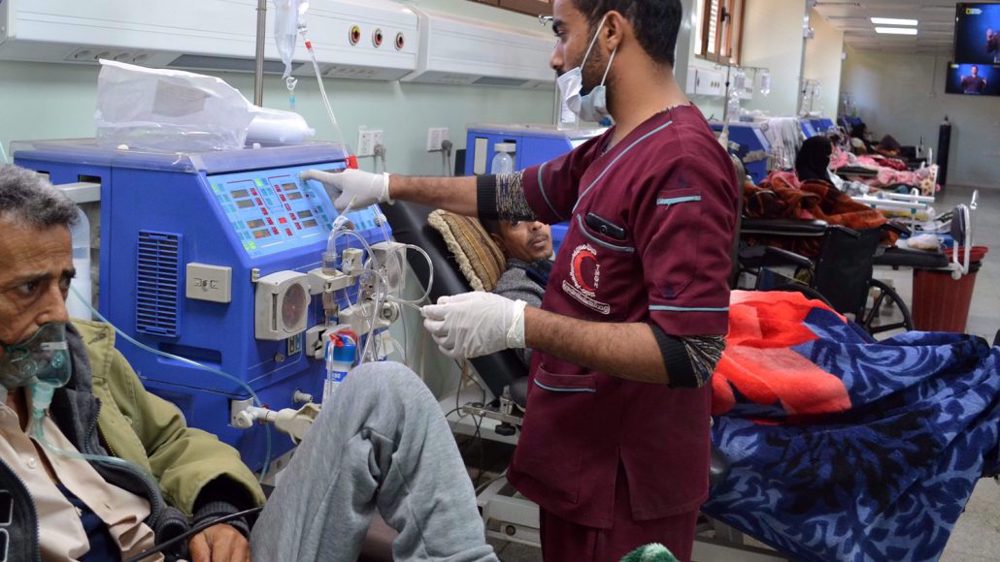
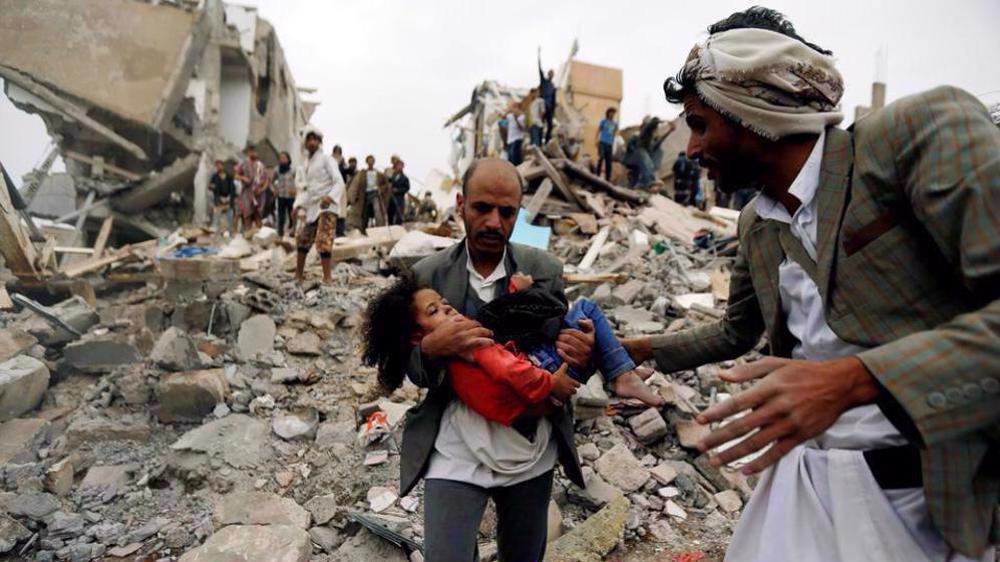
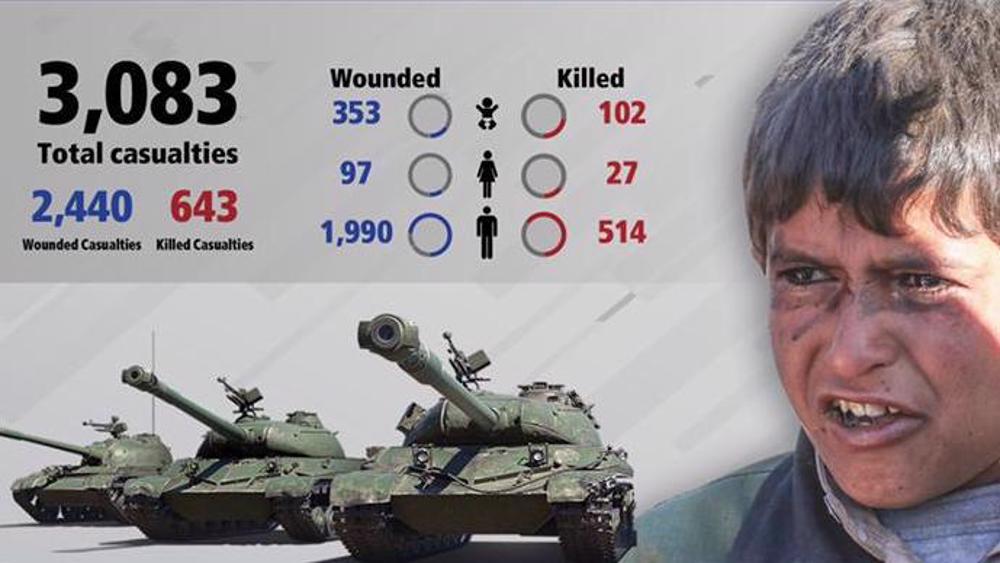
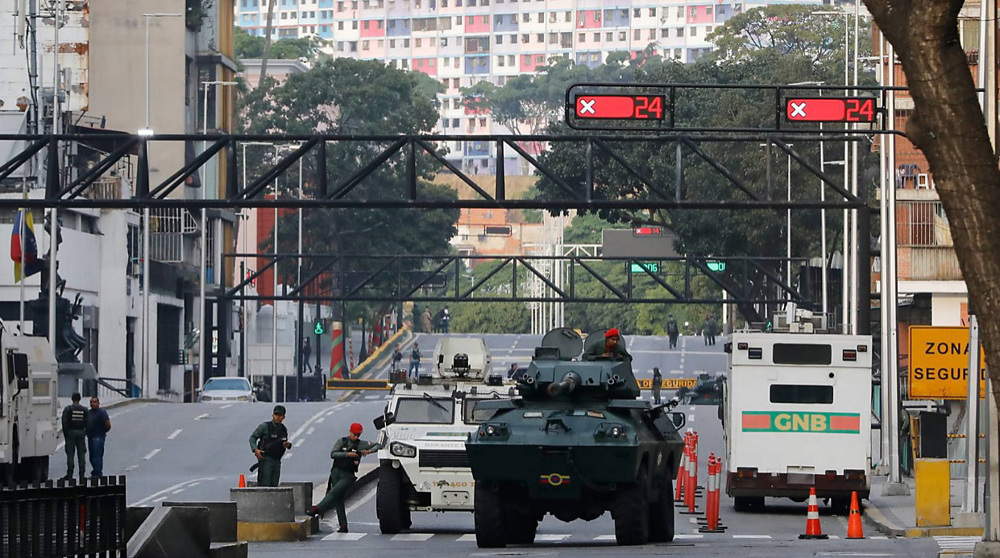
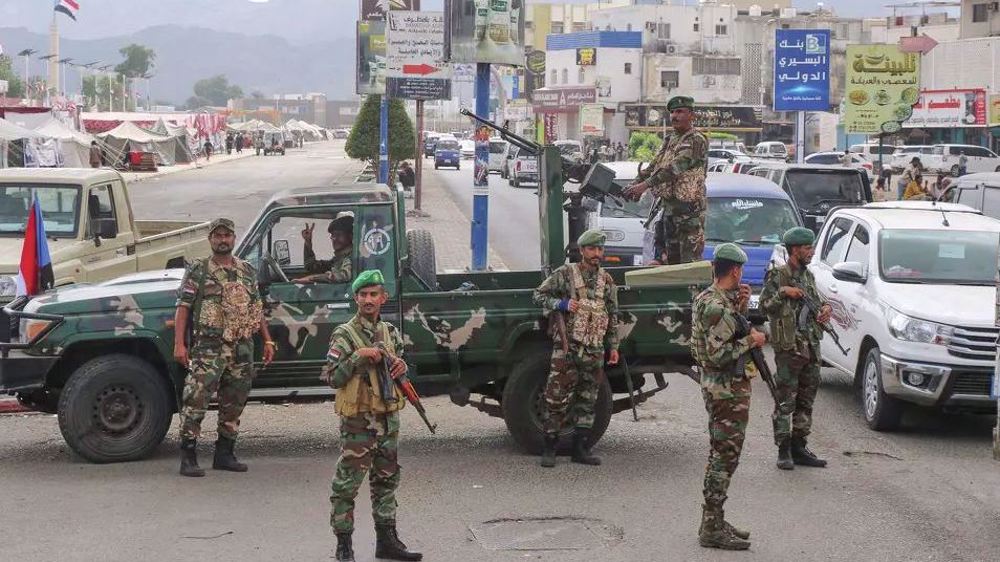
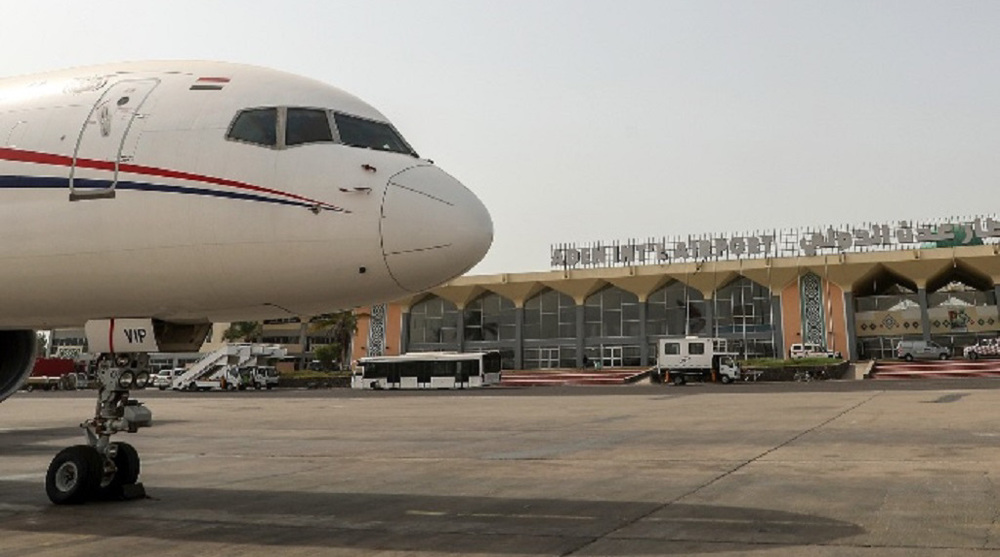



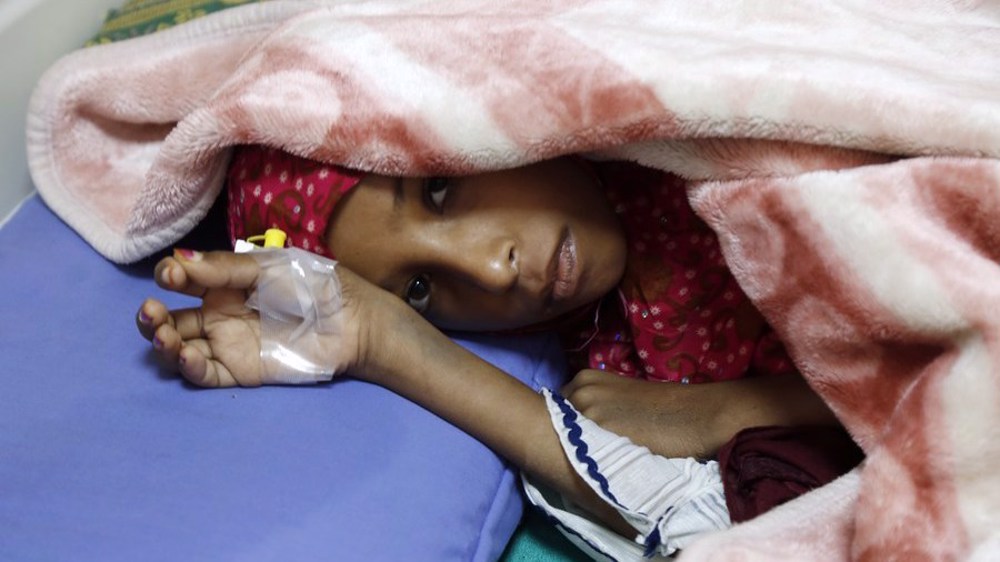
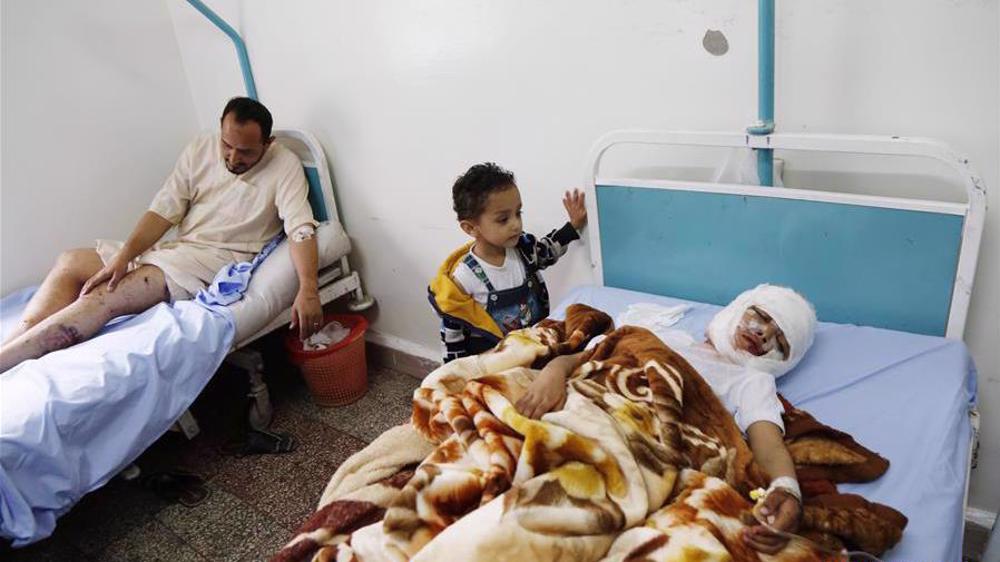
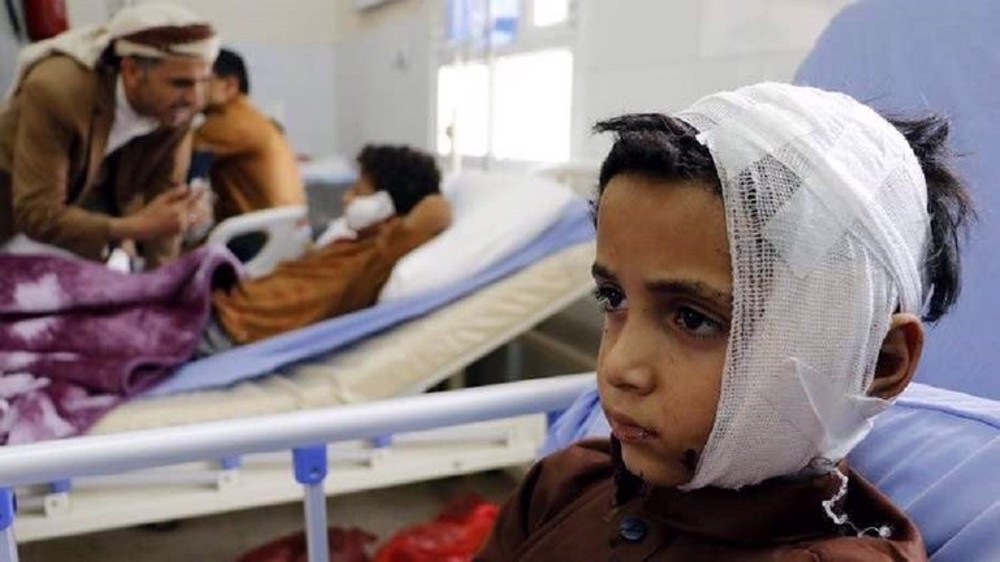
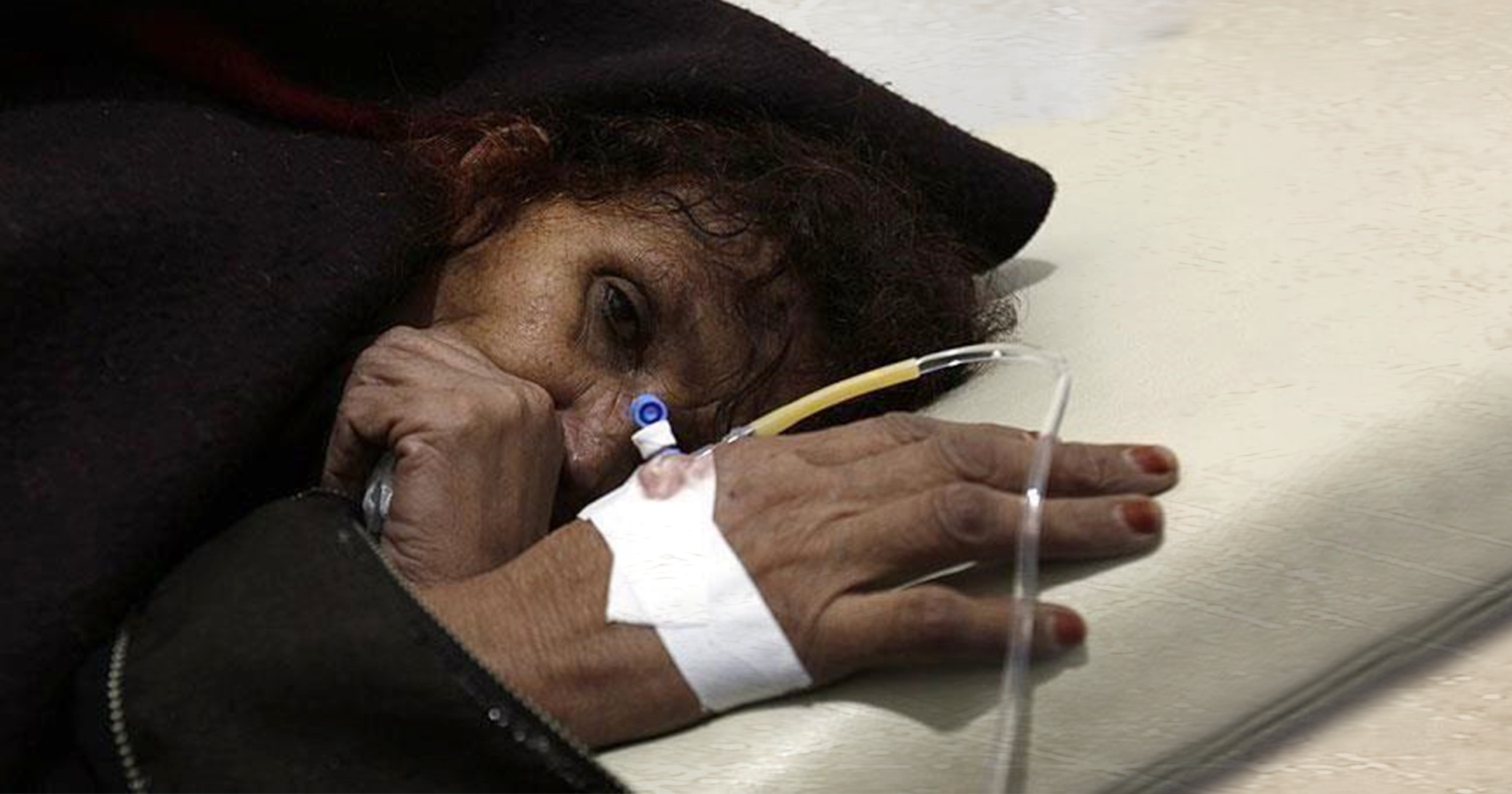

 This makes it easy to access the Press TV website
This makes it easy to access the Press TV website